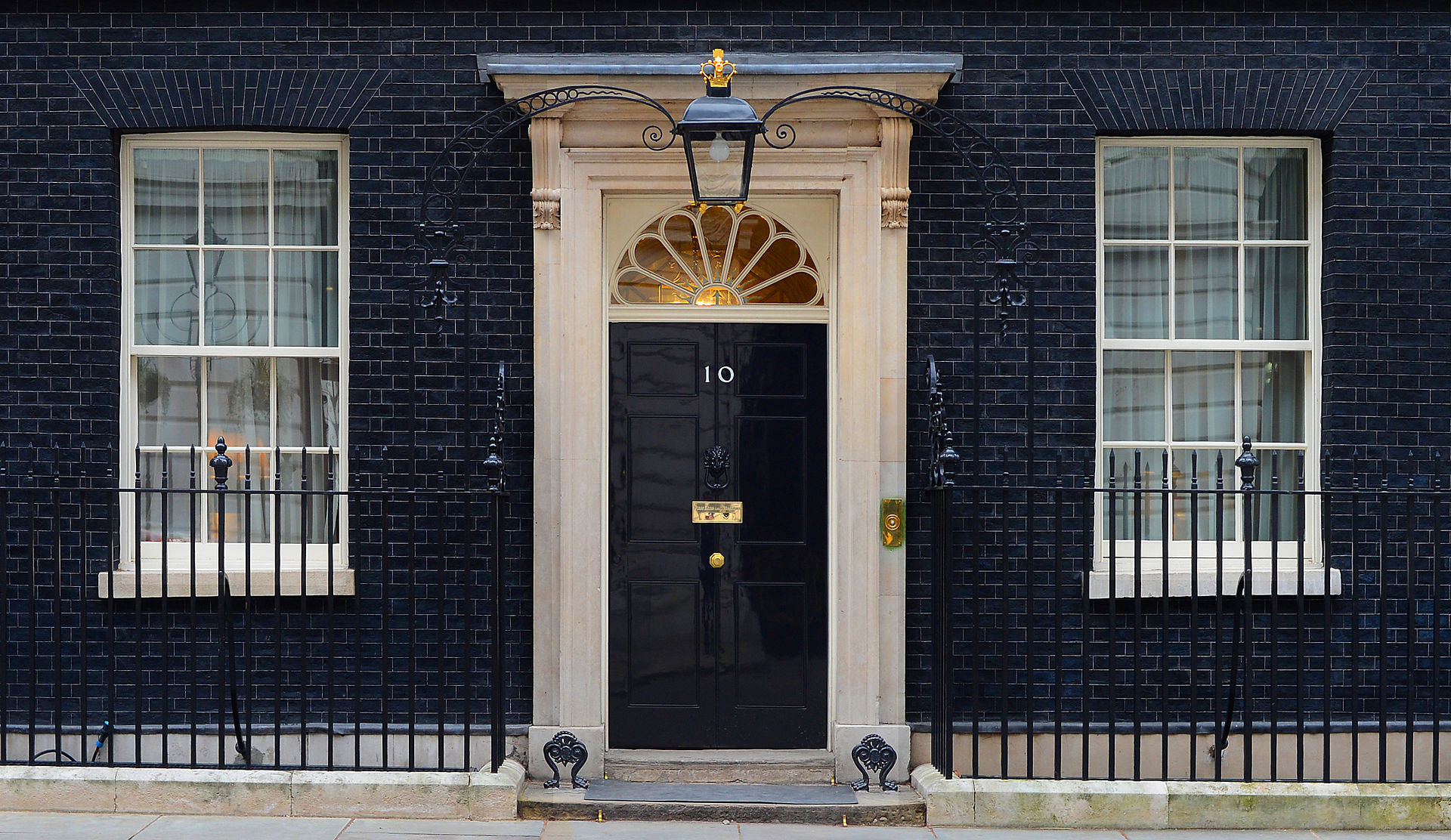SMBs welcome stability as Tories win general election
But they urge greater focus on direct SMB spending

SMBs have welcomed back the Conservatives for another five years in government, after the party returned a surprise majority at yesterday's general election.
Despite predictions of a hung parliament, the Tories won May's election with 51 per cent of all seats, Labour lagging behind on 36 per cent.
It means Prime Minister David Cameron's Tories will rule with a narrow majority, and have government all to themselves, with the Lib Dems losing most of their seats.
The results prompted Lib Dems leader Nick Clegg and Labour leader Ed Miliband to resign.
Public sector suppliers welcomed the certainty of a single party government, after the threat of parties horse-trading to form coalitions to get into power, a process that could prove lengthy.
MD of backup and disaster recovery vendor Databarracks, Peter Groucutt, told IT Pro the result was good for the UK, after the pound surged two cents against the US dollar, and two euro cents against the Euro.
He said: "It's a good thing, we see the market recovering in general and things are looking up people have the confidence to reinvest in their IT architecture and systems.
Sign up today and you will receive a free copy of our Future Focus 2025 report - the leading guidance on AI, cybersecurity and other IT challenges as per 700+ senior executives
"We can now look at stability with Cameron and particularly George Osborne continuing the strategy they have done over the last five years over the next five."
Public sector web experience supplier Dexterous Digital's MD, Harry Metcalfe, echoed Groucutt's comments on stability.
"I'm certainly very happy there appears there will be a government and not months of negotiation and confusion," he told IT Pro.
But he said there was little difference to distinguish one party's technology policies from another's, saying: "The parties are broadly on the same page when it comes to digital stuff."
Both the Conservatives and Labour want to roll out superfast broadband across the country, with slightly differing targets, respectively 95 per cent by 2017 and 100 per cent by 2020.
Meanwhile, both support the work of the Government Digital Service (GDS)- though Labour would have extended its reach into local government.
G-Cloud
However, Metcalfe backed the Tories' policy to up their SMB spend target from 25 per cent to 33 per cent in the new government.
"It's the right call," he said. "The key thing to keep in mind is the main measure of success of this is direct spend."
Back in February, the Cabinet Office claimed to have met its 25 per cent SMB spend target a year early but direct spending actually fell 0.2 per cent year-on-year.
"While indirect spend is also good, that amount is less reliable," added Metcalfe. "Part of the point here is government needs to work [directly] with SMBs."
Meanwhile, open source-based solutions distributor Omnis, suggested G-Cloud could become more useful for SMBs.
Responding to IT Pro on Twitter, CEO Paolo Vecchi said: "I only hope #GCloud will evolve in[to] something really useful for Gov & #SMB instead of being a catalogue for the usual vendors."
His comments come after indirect spend contributed to 15.8 per cent of the Cabinet Office's 25 per cent SMB spend target money spent with larger suppliers that subcontract to SMBs.
Groucutt, who was critical of the spend target in February, said: "The new Digital Marketplace is much better. But there needs to be more education on the choices available within the buying departments."
The future of Francis Maude and the GDS
TechMarketView analyst Georgina O'Toole said stability also means less momentum will be lost over key government IT projects.
She said: "The fact that it brings early certainty will be welcomed. Without a majority government, we would have seen many weeks of uncertainty and likely delays in decisions around major government projects."
These include recently announced schemes like Government-as-a-Platform, which would see departments shun large outsourcing deals in favour of developing common components in-house.
These could be shared among departments to reduce overheads and duplicate spending.
"Already some pilots are underway, for example for a cross-government payments platform'. But we will now await the result of a McKinsey review of the potential savings that could be achieved through the approach," said O'Toole.
One pilot is Gov.uk Verify, an identity assurance scheme that has added five new members to perform citizen identity checks, Barclays, GB Group, Morpho, PayPal and Royal Mail.
O'Toole said GaaP should be less about cutting the budget than delivering savings.
"The real benefit for SITS suppliers, and indeed for the national deficit, would come if the new government began to invest in innovative ICT solutions to save money from the broader budget," she said.
One of the architects of GaaP is Cabinet Office minister Francis Maude, who announced his retirement in early February but left the window open to make a not-wholly-unexpected return.
Dexterous Digital's Metcalfe said it was crucial Maude came back to guide the GDS's future.
"He's done such a fantastic job of it, it just wouldn't make sense to replace him," he said.
-
 UK government to fund regional tech programs up to £20m
UK government to fund regional tech programs up to £20mnews Local and regional partnerships invited to bid for support for established or developing projects
-
 Government’s ‘Humphrey’ AI tool helps local authorities cut costs
Government’s ‘Humphrey’ AI tool helps local authorities cut costsNews The Minute tool, part of the Humphrey AI assistant, is being trialled at 25 councils
-
 The UK government hopes AI will supercharge public sector digital transformation – IT leaders aren’t so sure
The UK government hopes AI will supercharge public sector digital transformation – IT leaders aren’t so sureNews Research from SolarWinds shows public sector transformation is progressing at a snail's pace despite IT leaders pushing for rapid improvements.
-
 Starmer bets big on AI to unlock public sector savings
Starmer bets big on AI to unlock public sector savingsNews AI adoption could be a major boon for the UK and save taxpayers billions, according to prime minister Keir Starmer.
-
 UK government targets ‘startup’ mindset in AI funding overhaul
UK government targets ‘startup’ mindset in AI funding overhaulNews Public sector AI funding will be overhauled in the UK in a bid to simplify processes and push more projects into development.
-
 UK government signs up Anthropic to improve public services
UK government signs up Anthropic to improve public servicesNews The UK government has signed a memorandum of understanding with Anthropic to explore how the company's Claude AI assistant could be used to improve access to public services.
-
 US government urged to overhaul outdated technology
US government urged to overhaul outdated technologyNews A review from the US Government Accountability Office (GAO) has found legacy technology and outdated IT systems are negatively impacting efficiency.
-
 Government urged to improve tech procurement practices
Government urged to improve tech procurement practicesNews The National Audit Office highlighted wasted money and a lack of progress on major digital transformation programmes

